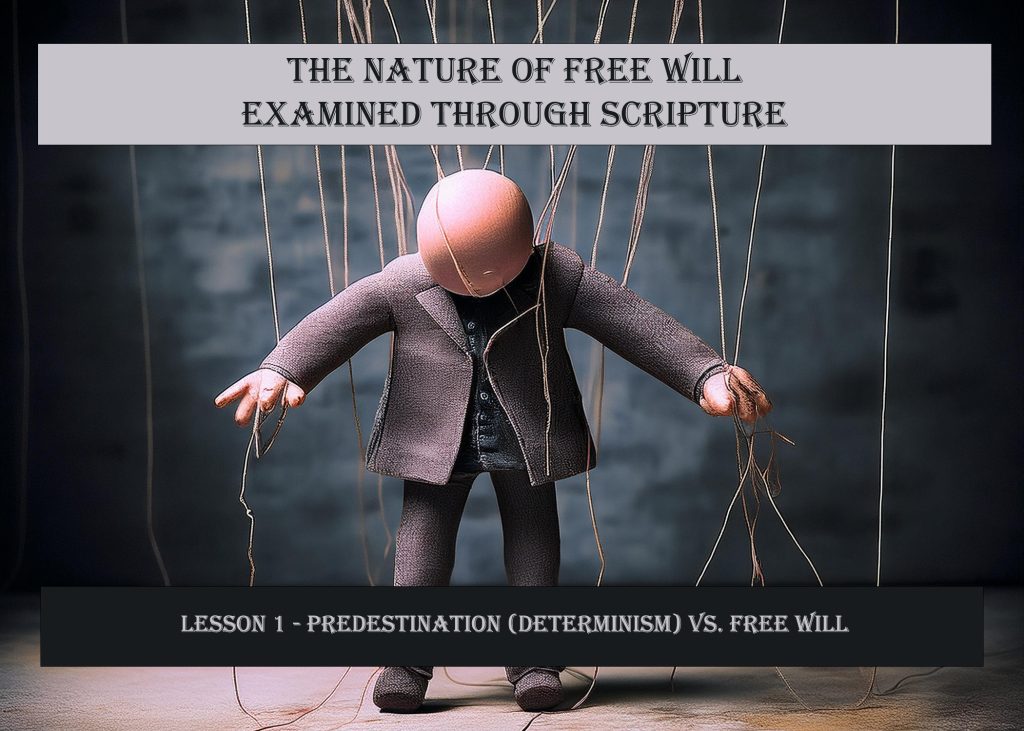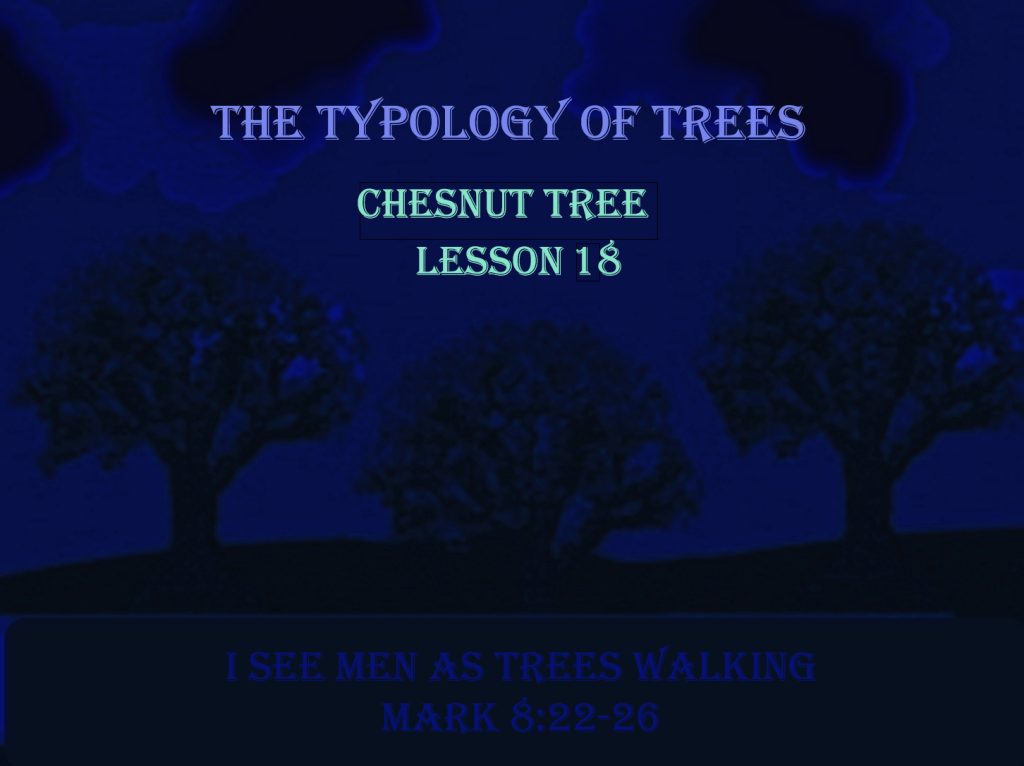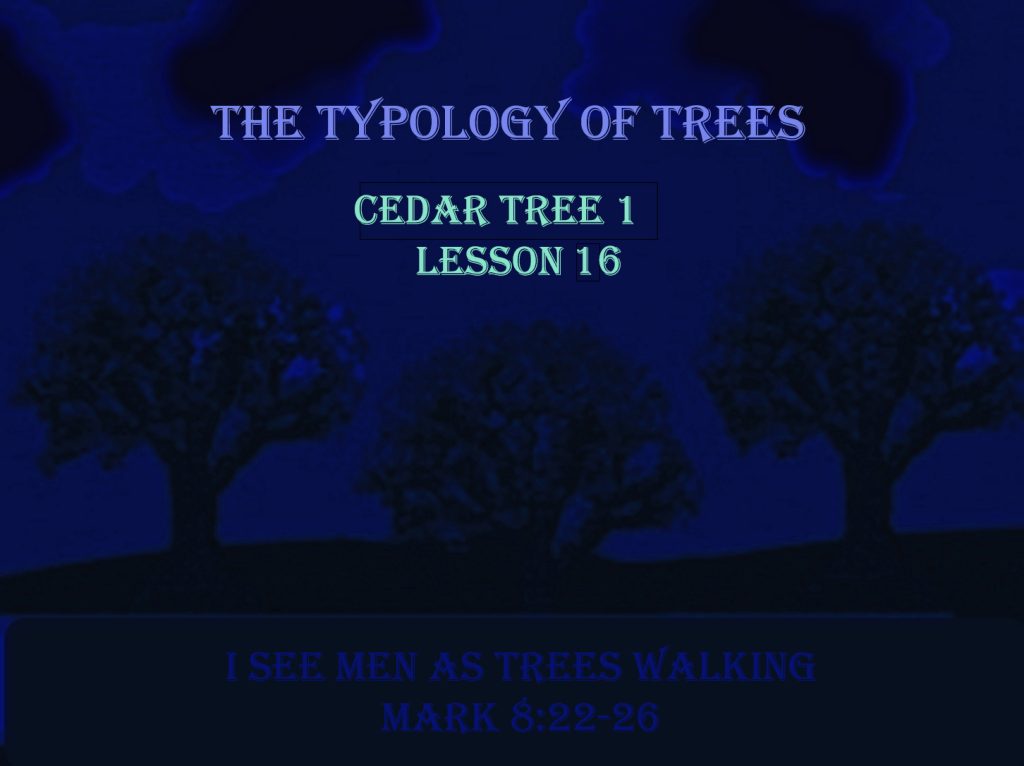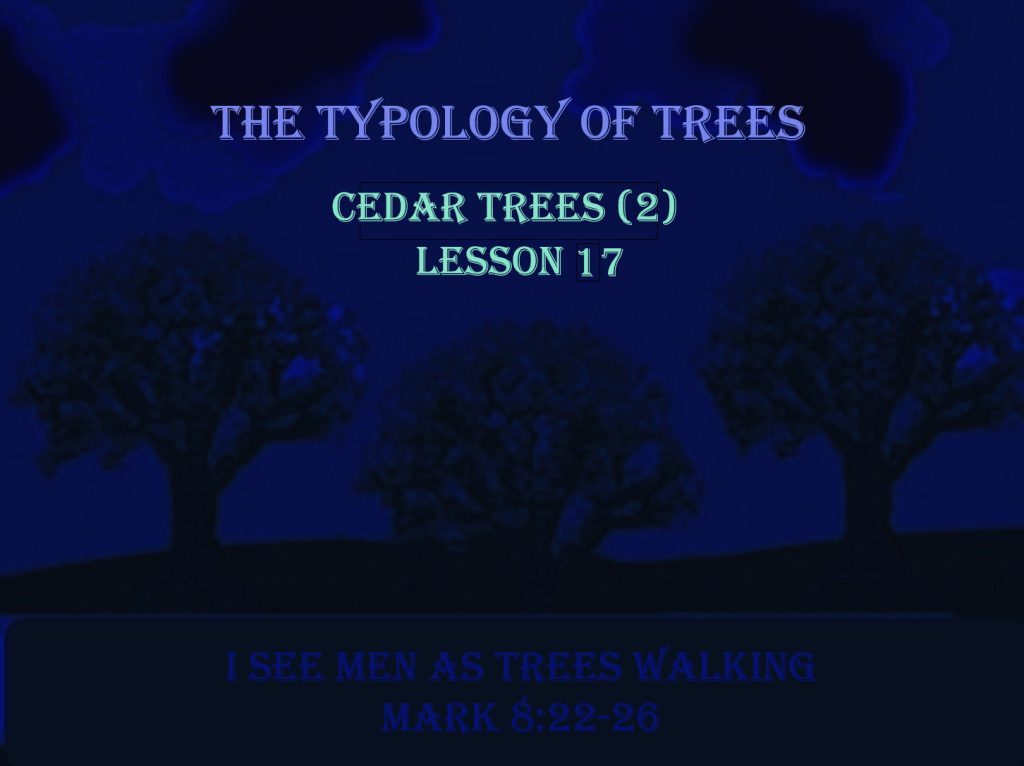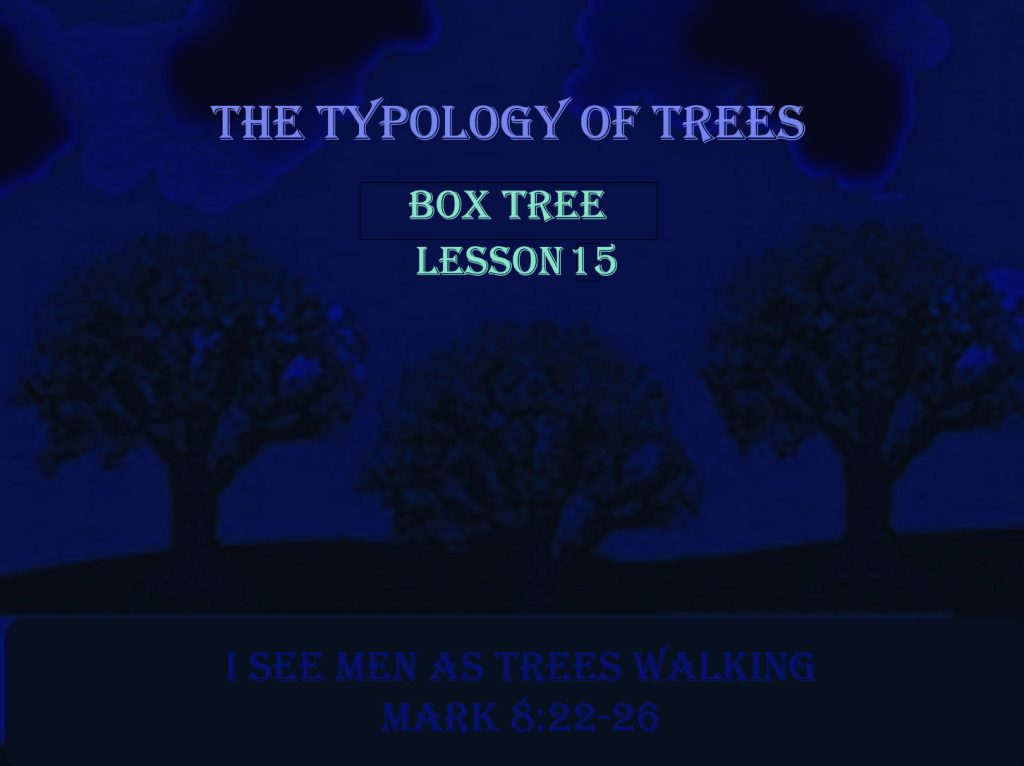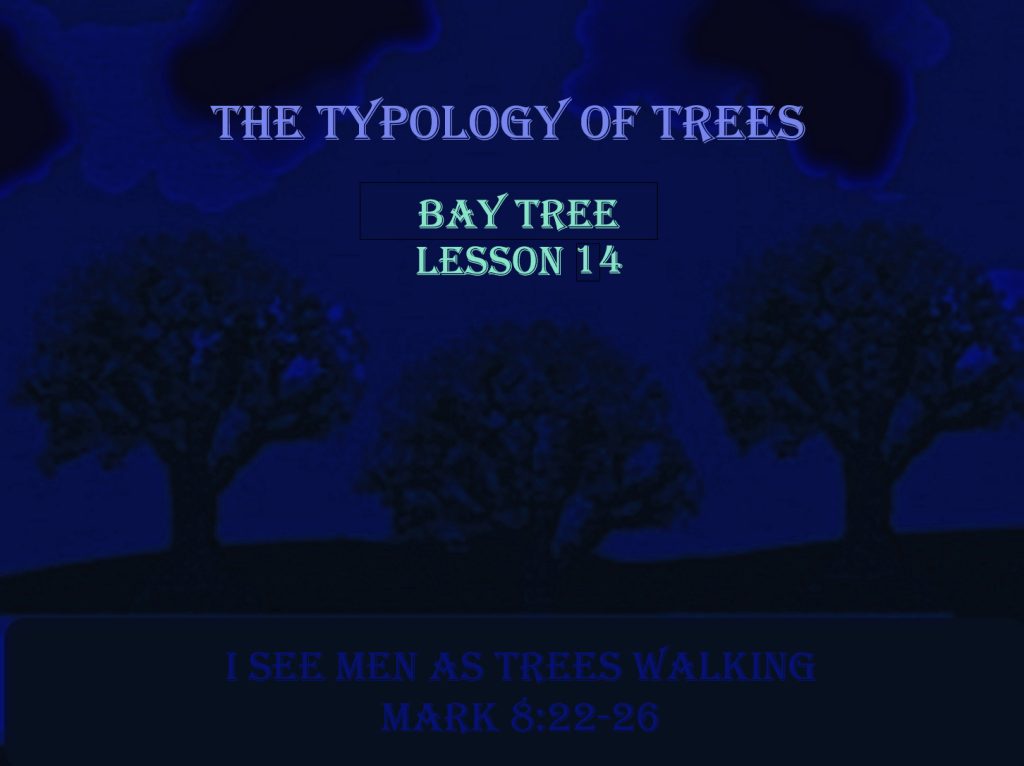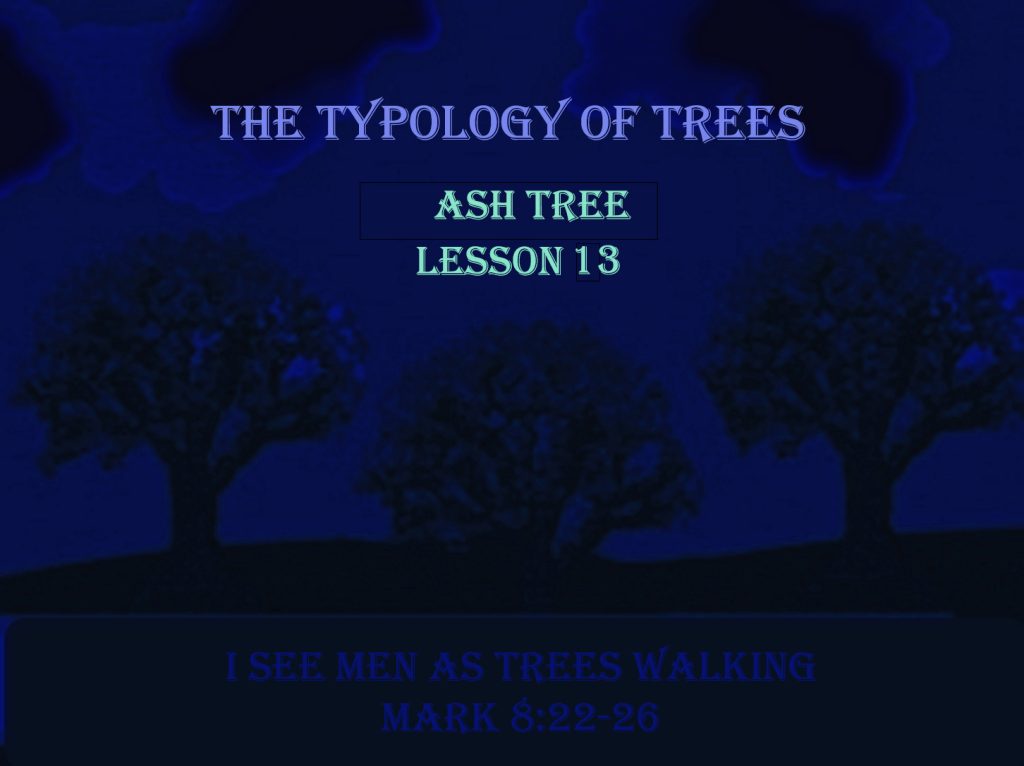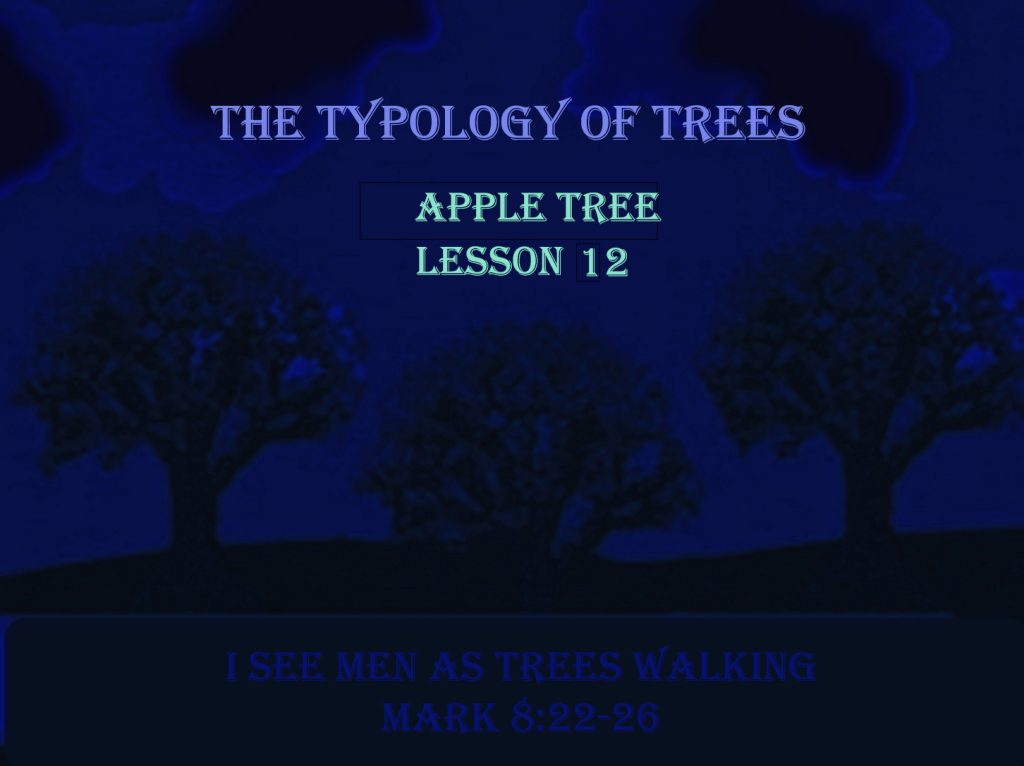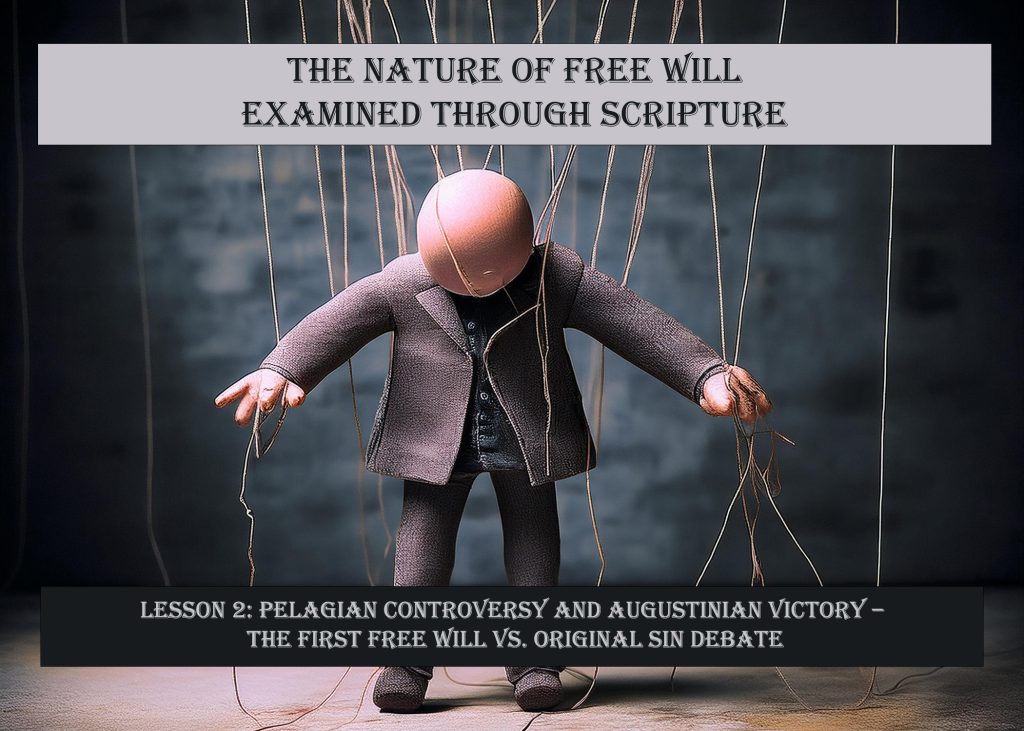
By Kathy L McFarland
9/14/2024
Pelagius was a 4th century Christian (AD 354-420/440) who denied the existence of original sin and predestination while defending the ability for human beings to exercise their free will with innate human goodness for the betterment of God’s creation. Though there are no writings from him or his famous disciple Caelestius found present day, fragments of their teachings are included in both Augustine’s and Jerome’s writings, and Church records from council meetings give us a perspective of how they were judged by their accusers for heresy. These historical records offer a glimpse of how the doctrine of free will became judged so harshly in the Western Christian church which prohibited free will belief by diverting to the doctrine of original sin espoused by Augustine.
The Doctrine of Free Will According to Pelagius
Pelagius taught his followers the doctrine of free will and denied the doctrine of original sin that Augustine of Hippo was developing. His free will doctrine became known as Pelagianism. Eastern Theologians were focused upon free will and human deeds, and at the Council at Diospolis (Lydda) in 415, they declared the teachings of Pelagius orthodox.
The Western Theologians disagreed vehemently with Eastern support for the doctrine of free will, which led the North African bishops to address the issue. His teachings were declared heretical by the Council of Carthage (A Council of Africa) in 418 which confronted the supposed errors of his student Caelestius who taught the existence of free will and possibility to remain sinless in human life. Of course, it didn’t help Pelagianism that Caelestius expanded the teachings to unacceptable places that denied Scripture by declaring Adam as a mortal being that would have experienced death even without sin, and that the entire human race does not die because of the sin of Adam and Eve nor share in the resurrection of the Lord Jesus Christ.[1]
Predictably, the Council of Carthage rejected Caelestius for ordination and condemned his teachings. They grouped these false teachings into the general teachings of Pelagius, even though he denied his support for many of Caelestius’ later teachings that overstated or revised his beliefs concerning free will.
Augustine vs. Pelagius Prior to Condemnation by the Council of Carthage
Pelagius’ doctrine of free will was in stark contrast to Augustine’s original sin doctrine that claims mankind is born into corruption and sin and is a sinner at birth. While Pelagius teaches that free will can be free of sin, Augustine thinks this preposterous. But his doctrine of original sin is as difficult to prove with Scripture as Pelagius’ doctrine of free will. Both are elusive and require a great deal of grouping of texts to prove each.
But Augustine was a clever theologist. He knew that it would be difficult to refute the idea of free will with Scriptural support. So instead, he chose two simple points that were easily gleaned from traditional Scriptural interpretations. He chose to address the baptism of infants as his test case to prove his point that all human beings are born into sin. His argument was cleverly formed because he knew that Pelagius did not officially argue or object to the traditional church practice of the baptism of infants.
Augustine argued against Pelagians with two points in the development of the doctrine of original sin: 1) Infant baptism occurs and 2) Pelagians do not argue against it. With supposed Scriptural support Augustine forms his argument that while they refuse to support the idea that sin comes from Adam, their admittance of the baptism of innocent infants for the forgiveness of sin, then infants are guilty of sin that is not from their acts. Thus, Augustine makes his case for the doctrine of original sin:
“Now, seeing that they admit the necessity of baptizing infants,—finding themselves unable to contravene that authority of the universal Church, which has been unquestionably handed down by the Lord and His apostles,—they cannot avoid the further concession, that infants require the same benefits of the Mediator, in order that, being washed by the sacrament and charity of the faithful, and thereby incorporated into the body of Christ, which is the Church, they may be reconciled to God, and so live in Him, and be saved, and delivered, and redeemed, and enlightened. But from what, if not from death, and the vices, and guilt, and thraldom, and darkness of sin? And, inasmuch as they do not commit any sin in the tender age of infancy by their actual transgression, original sin only is left.” (De pecc. mer. et rem. 1.26:39)[2]
Original sin was not a standard doctrinal belief prior to Augustine’s stated position, and it was not an idea formed of careful Scripture exegesis. Rather, it was an argument that he developed to trick the Pelagians into a corner in hopes that they would be forced to acknowledge the authority of the universal church. Accordingly, Augustine established that infant sinlessness should require no baptism, but, because of the case of original sin from Adam and Eve, the universal church is left with no choice but to baptize infants also. It should be noted that this argument was not so much a debate of the issue of free will versus original sin; but rather, it was a debate of the authority of the Church. Augustine proves that since Pelagianism fails to go against Church authority, the matter of original sin is approved.
From that point, Augustine developed a fuller doctrine of original sin by declaring it to be related to ignorance and frailty (De pece. mer. et rem. 1.35:65-36:67). These weaknesses justify infant baptism by joining the most vulnerable human beings, infants, to Christ and the universal church, saving them from certain death by healing their defects. Once healed, the baptized receive salvation, redemption from subjugation to sin, and illumination from the removal of the darkness of the inherited guilt from sin.
The Council of Diospolis (Synod of Palestine)
The debate against Pelagius’ free will doctrine and Augustine’s original sin doctrine began forming with ever-increasing hostilities between the two and the different sides concerning this issue. The Council of Diospolis (Synod of Palestine) was formed to determine whether Pelagius was committing heresy against the Church through the position he took concerning these matters. He was found innocent of heresy, and said to be lax in failing to specifically state his beliefs in a way that people could understand that agreed with the Church’s teachings.
Augustine’s reaction to the Council of Diospolis’ (Synod of Palestine) Verdict of Innocence
Augustine wrote “A Work on the Proceedings of Pelagius” addressed to Bishop Aurelius of Carthage to show “that although Pelagius was acquitted by the Synod of Palestine, there still clave to Him the suspicion of heresy; and that the acquittal of the accused by the Synod was so contrived, that the heresy itself with which he was charged was unhesitatingly condemned.”[3] In this letter, Augustine records some of the discussion concerning the charges brought against Pelagius in those Palestinian proceedings, which develop the debate between the two men. Augustine’s points of disagreement over the verdict of the Council of Diospolis (Synod of Palestine) with Pelagius’ explanations and the synod’s discussion included, reveal a great deal concerning the issue of free will vs. original sin, and will be examined closely in our next lesson.
Council of Carthage Nine Canons of Condemnation
The Council of Carthage was formed in 418 A.D. after receiving Augustine’s rebuttal of the Synod of Palestine’s verdict, with growing weariness toward the dilution of Church authority. The condemnation from the angry North African bishops through the establishment of the nine canons dealing with Pelagianism was severe. Their findings, stirred by Augustine’s letter of specifics concerning the Synod of Palestine, contributed to the formation of clear doctrinal positions by declaring anathema (banishment, separation) against:[4]
Original Sin Error
1. Those that refute that death is not a result of Adam’s sin
2. Those that declare a newborn child sinless and uncondemned from original sin of Adam.
3. Those that divide the Kingdom of Heaven from eternal life.
Grace Error
4. Those that say only past sins are remitted by grace
5. Those that say grace aids us not in understanding
6. Those that say grace only helps us to easily accomplish the things we do
Humble Prayer Error
7. Those that pray 1 John 1:8-10 and thinks it expresses humility only, not that they actually sinned. “If we say that we have no sin, we deceive ourselves, and the truth is not in us. If we confess our sins, he is faithful and just to forgive us our sins, and to cleanse us from all unrighteousness. If we say that we have not sinned, we make him a liar, and his word is not in us.”
8. Those that think the phrase “forgive our trespasses,” contained within the Lord’s Prayer applies only to the congregation, not necessarily to an individual
9. Those that say “forgive our trespasses,” out of humility rather than belief in its truth
When the smoke cleared, Pelagius and Caelestius were excommunicated, with the verdict confirmed by deposition of the Council of Ephesus in 431 against Caelestius, Pelagius, and Julian. Prior to this official response and while it was in the hands of Pope Zosimus (417-418), there were eighteen Italian bishops that refused to sign his condemnation of Pelagius when it reached his official desk. Even in the midst of turmoil, some brave Christian leaders recognized that the teachings of Pelagius and the heretical outgrowth of beliefs espoused by Caelestius were not of the same nature and that the debate between Augustine and Pelagius apparently convoluted.[5] Some felt that the Pelagius’ doctrine of free will had some Scriptural support and could not support the Church’s condemnation with the charge of heresy against him. They were deposed by the Pope for their refusal to change their minds and support the official position of the Church established by the Council of Carthage.[6]
Sadly, the debate and consideration for the doctrine of free will suffered from that church condemnation. Once those who believed in free will were quieted by threats of excommunication, Augustine’s doctrine of original sin filled the gaps of confusion and became the standard of faith that was officially forbidden to be argued against even though there were some serious questions concerning this position.
An examination of the representation and misrepresentation of the doctrine of free will by Pelagius, Caelestius, Augustine and the Church that led to the charges of heresy must be unraveled before the study of free will vs. original sin can be fully understood. Once we examine Pelagius truthful view of free will in Lesson 3, we will give Augustine’s original sin the same careful representation in Lesson 4.
Bibliography
Augustine, Saint, Bishop of Hippo. “A Work on the Proceedings of Pelagius”. Translated by Peter Holmes. Vol. V: Saint Augustine: Anti-Pelagian Writings A Select Library of the Nicene and Post-Nicene Fathers of the Christian Church, Edited by Philip Schaff. New York: Christian Literature Company, 1887.
Augustine, Saint, Bishop of Hippo. A Treatise on the Merits and Forgiveness of Sins, and on the Baptism of Infants. Translated by Peter Holmes. Vol. 5 A Select Library of the Nicene and Post-Nicene Fathers of the Christian Church: First Series, Edited by Philip Schaff. New York: Christian Literature Company, 1887.
Ferguson, Everett. Church History Volume One: From Christ to Pre-Reformation. Grand Rapids, MI: Zondervan, 2005.
Percival, Henry R. Excursus on Pelagianism. Vol. Volume XIV: The Seven Ecumenical Councils. Second Series ed. A Select Library of the Nicene and Post-Nicene Fathers of the Christian Church, Edited by Philip Schaff and Henry Wace. New York: Charles Scribner’s Sons, 1900.
[1] Everett Ferguson, Church History Volume One: From Christ to Pre-Reformation (Grand Rapids, MI: Zondervan, 2005), 280.
[2] Augustine of Hippo, A Treatise on the Merits and Forgiveness of Sins, and on the Baptism of Infants, ed. Philip Schaff, trans., Peter Holmes, A Select Library of the Nicene and Post-Nicene Fathers of the Christian Church: First Series, vol. 5 (New York: Christian Literature Company, 1887).
[3] Saint Augustine, Bishop of Hippo, “A Work on the Proceedings of Pelagius”, ed. Philip Schaff, trans., Peter Holmes, A Select Library of the Nicene and Post-Nicene Fathers of the Christian Church, vol. V: Saint Augustine: Anti-Pelagian Writings (New York: Christian Literature Company, 1887), 183.
[4] Ferguson, 281.
[5] Henry R. Percival, Excursus on Pelagianism, ed. Philip Schaff and Henry Wace, Second Series ed., A Select Library of the Nicene and Post-Nicene Fathers of the Christian Church, vol. Volume XIV: The Seven Ecumenical Councils (New York: Charles Scribner’s Sons, 1900), 230.
[6] Ibid.


